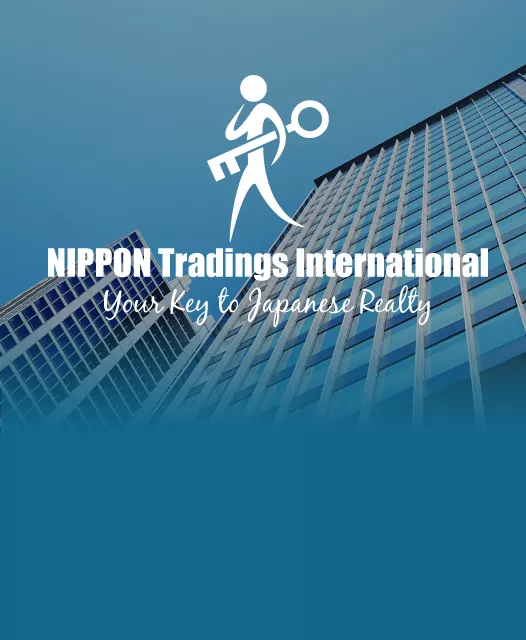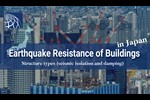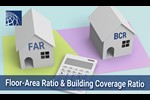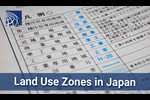Property Investment For Foreigners: Japan's Earthquakes & Other Natural Disasters
The following is an excerpt from "Japan Real Estate Property Investment For Foreigners Part 2" by Ziv Nakajima-Magen – Partner & Executive Manager, Asia-Pacific Nippon Tradings International (NTI)
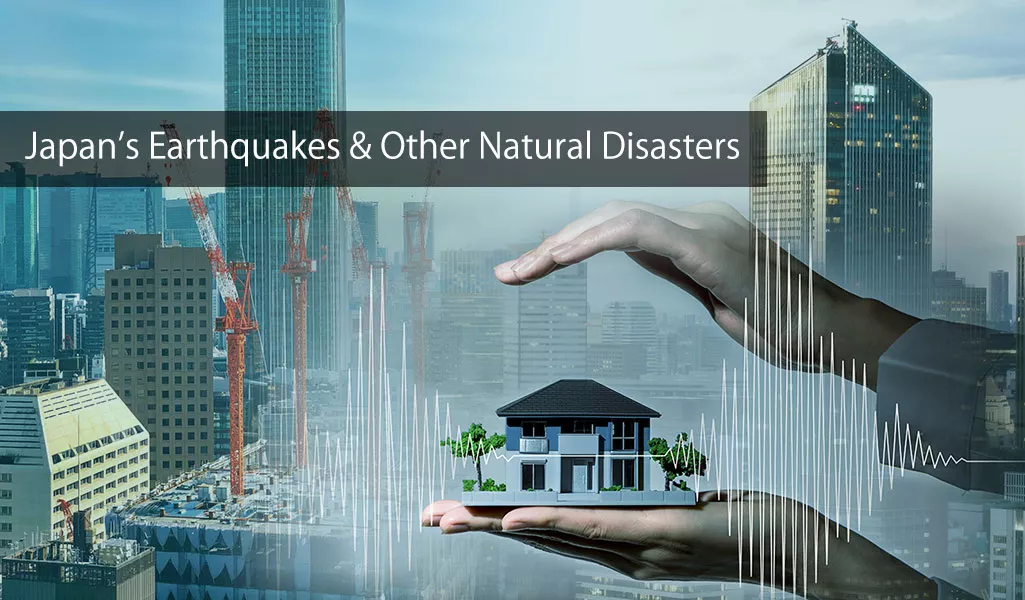
Q: Japan is extremely susceptible to natural disasters such as earthquakes, tsunamis and volcanoes. Are all buildings in Japan earthquake-resistant and are all buildings covered by natural disaster insurance? How do these disasters affect the property market in Japan?
A: The short answer to the first question is - yes, all structures in Japan are earthquake-resistant and all buildings are covered by natural disaster insurance policies. The levels of protection, however, vary as follows:
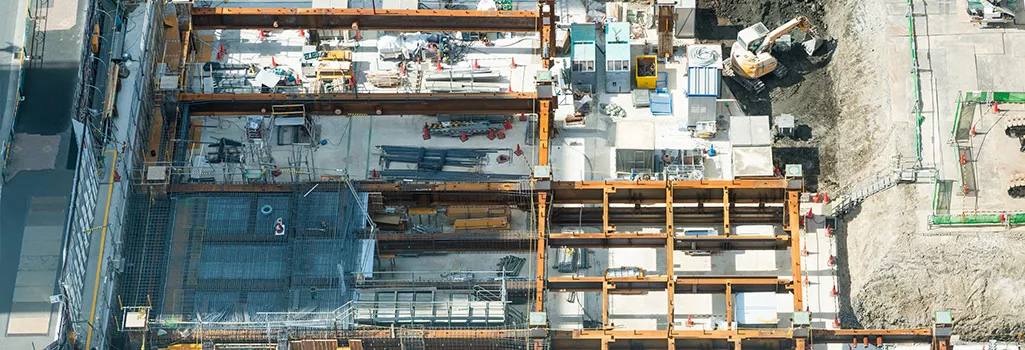
1) Generally speaking, reinforced concrete buildings are of course far more resistant than wooden structures. Japan generally does not use bricks and mortar as building materials, and so most houses (as opposed to apartment blocks) are wooden-based structures. And, while said wooden structures have also gone through some earthquake resistance standards re-vamps, such as ensuring reinforced concrete foundations and pre-built ground/foundation compatibility tests, to name but a few — they are still far more susceptible to earthquake damages.
2) Reinforced concrete buildings have gone through several cycles of earthquake resistant building standards renovations, the latest of which have been introduced in 1981. Stricter testing methodologies for reinforced concrete buildings have been introduced in 2006 as well.
3) Natural disasters are included in the vast majority of insurance policies (which are ridiculously cheap in Japan, incidentally) — tsunamis are not covered specifically, but since they are always caused by deep sea earthquakes, therefore are covered indirectly. The level of coverage varies, but is normally up to 50-60% of the value of the property at most.
4) Individual unit owners in co-owned buildings are also covered by the building’s reserve funds pool (known in other countries as the sink fund pool) which is used to repair any and all structural damages to the building and its common areas.
5) Last but not least, in cases where all of the above do not apply for any reason, government compensation will be provided—although this may take a far longer time than any of the compensation methods listed above.
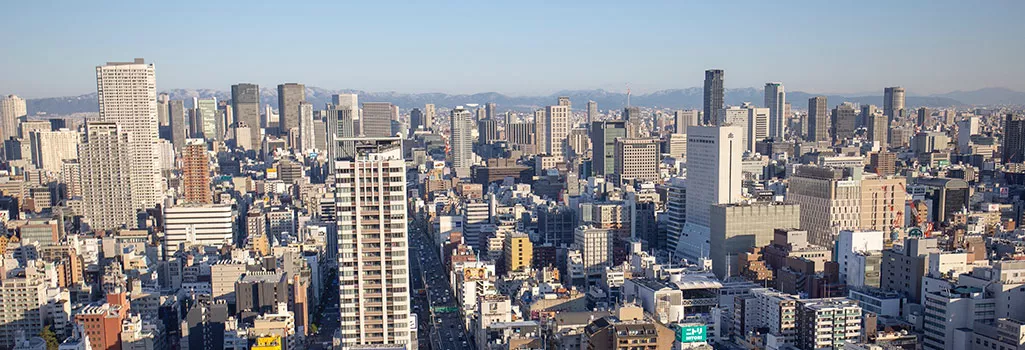
As for the effects on the property market - Japan’s property market is, sadly, well versed in natural disaster, as are its’ insurers and property holders. From that particular aspect, and for individual property owners, it’s business as usual, and no effect overall.
From a more local perspective, a singular earthquake or even a series of closely occurring earthquakes and aftershocks would not cause any serious dent in market fundamentals.
To take one location as an example – Kumamoto city, where a strong and deadly earthquake occurred in 2016, was, and will most likely remain a very attractive market with a growing population and economy, drawing interest from investors world-wide, and with prices still rising.
It also boasts socially aware local governance which supports its ageing population in a much better fashion than many of Japan’s municipalities, and some interesting industries to watch out for – not the least of which is one of the world’s largest mega-solar farms, built in rural Kumamoto prefecture and drawing many employees and businesses to the area.
If this were to become a repeated occurrence of some concern, with the area officially declared more earthquake- prone than others, it would most likely have a deeper localized effect on its property market as well.
Having said that, Tokyo, which is one of the most earthquake-prone areas in the country, and where scientists have all but assured that a major and devastating earthquake is slotted to occur anytime within the coming 15 years, does not seem to be suffering from any such downturn – which perhaps reflects on the confidence in Japan insurance companies – perhaps on human short-sightedness – or perhaps a combination of both.

